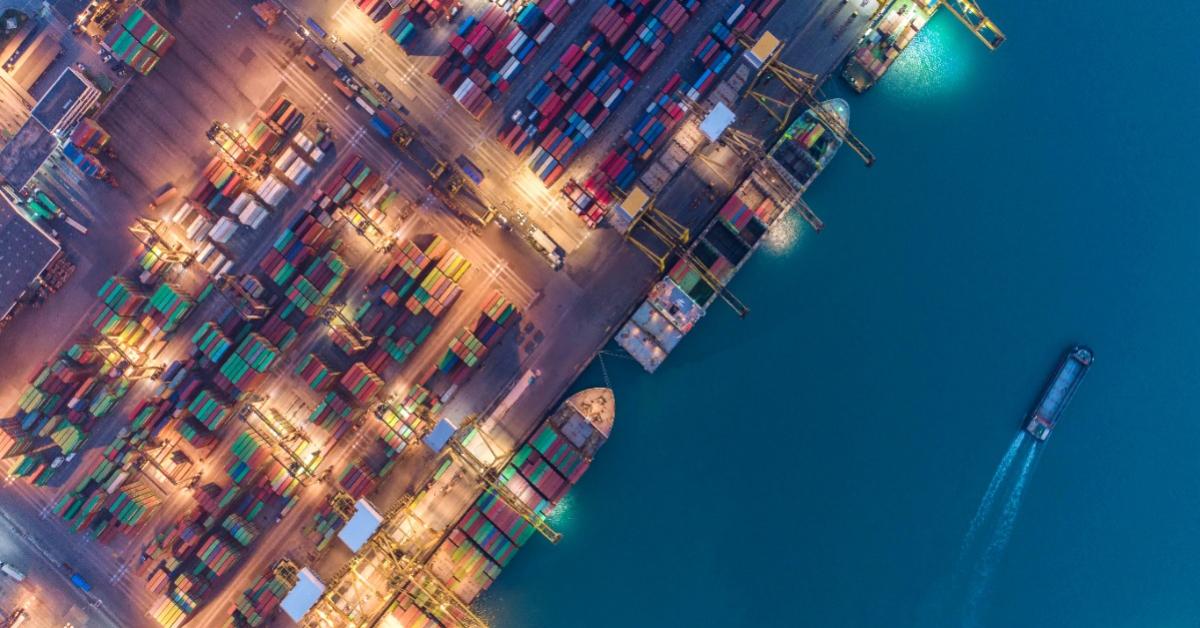Some analysts contend that size can be a deterrent to economic prosperity, so as a result, small states are particularly vulnerable to economic and environmental shocks. Usually, small states are discussed in light of their limitations and challenges. Even leaders of small countries earnestly paint size as an obstacle to future progress. The idea that smallness is an impediment to be overcome has become gospel in some quarters.
Caribbean leaders habitually remind the international community that their countries are in a precarious position due to increasing debt levels and liabilities generated by climate change. However, with the assistance of global agencies, small countries have been unlocking funding opportunities. Global players are quite receptive to the lobbying of small states in the Caribbean. Some even endorse calls for debt relief to free up fiscal space in small Caribbean states.
Caribbean countries do face hurdles; after all, they are exposed to severe natural disasters and their economies are still evolving. But obstacles should not preclude them from achieving higher levels of prosperity. There is an unfortunate tendency in the Caribbean to wear suffering as a badge of honor. In fact, Caribbean leaders become highly respected when they attribute regional problems to external shocks.
Rather than learning from the spectacle performance of the Asian Tigers, Caribbean leaders prefer to wallow in pity and complain that geography has given them a raw deal. They will vociferously lobby for aid, but when encouraged to support trade deals, some argue that their countries have little to export. This is a lame excuse because Switzerland and Japan are major exporters of value-added products, despite being resource-poor countries.
Because small countries lack sizeable internal markets, they have no option but to become globalized. Trade comprises a higher share of gross domestic product in small countries, and they do better under a free trade regime. Singapore, Finland, and Ireland are frequently cited as examples of small countries that propelled economic growth by capitalizing on globalization. By adopting key technologies and investing in human capital, several small countries have become major players in the global economy.
Research has even dispelled the notion that small states are more vulnerable to global economic fluctuations due to their greater reliance on foreign trade. By engaging in global trade and developing niche markets, small states become more productive and consequently curtail their exposure to economic fallouts. Small nations can build diverse economies that generate high growth rates, and their per capita incomes on average are not lower than large nations. Many nations with high per capita incomes are exceptionally small countries, and in the developed world some of the richest countries are relatively small, like Sweden and Denmark. Big countries like Germany and America are outlier performers in the rich world.
On the continent of Africa, small states stand out for economic freedom and institutional quality. Based on quality-of-life indicators, the most successful countries in Africa are small, like Mauritius and Botswana, rather than Nigeria and South Africa. Socially, the achievements of small states are equally impressive. The homogeneity of small states cultivates trust—a necessary ingredient for economic growth and the distribution of goods. Since small countries are less populous and not as diverse as bigger countries, they are easier to govern and better managed.
Credit Suisse, in a 2014 report comparing the performance of small and large countries, concludes that small countries perform superior on most metrics. Small countries scored higher on institutional measures, provided stellar social services, and recorded wealthier adults. Small countries consistently do well on international rankings, therefore size cannot be the disadvantage that some countries are claiming.
Caribbean countries are small but politically stable, diplomatically connected to important Western powers, and have resources, so there is no reason for them to be uncompetitive. Their failure to compete is a reflection of lackluster and backward-looking leadership rather than exposure to global shocks or the legacy of colonialism.




